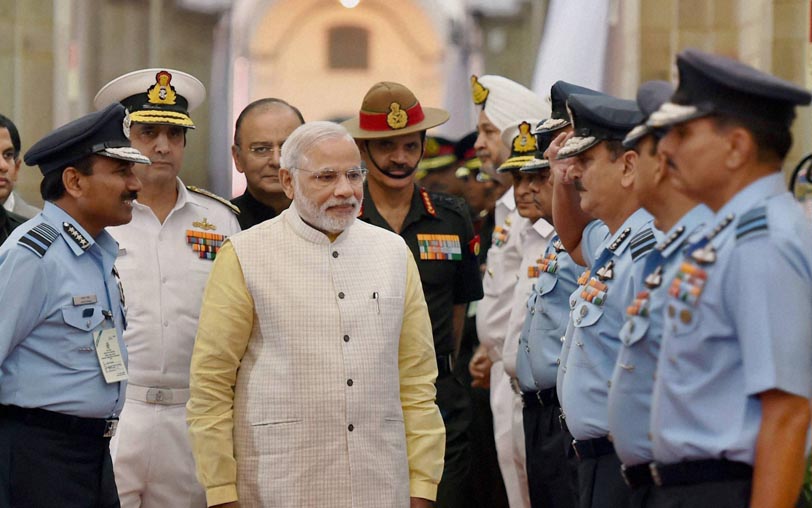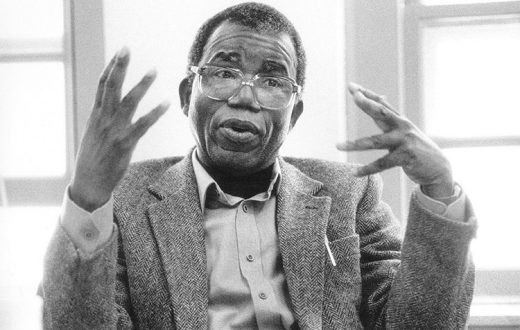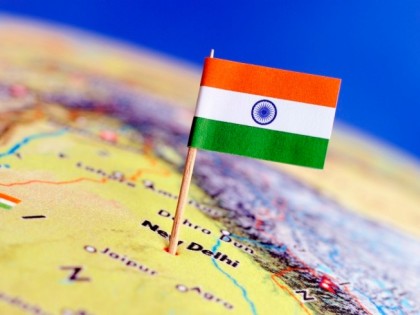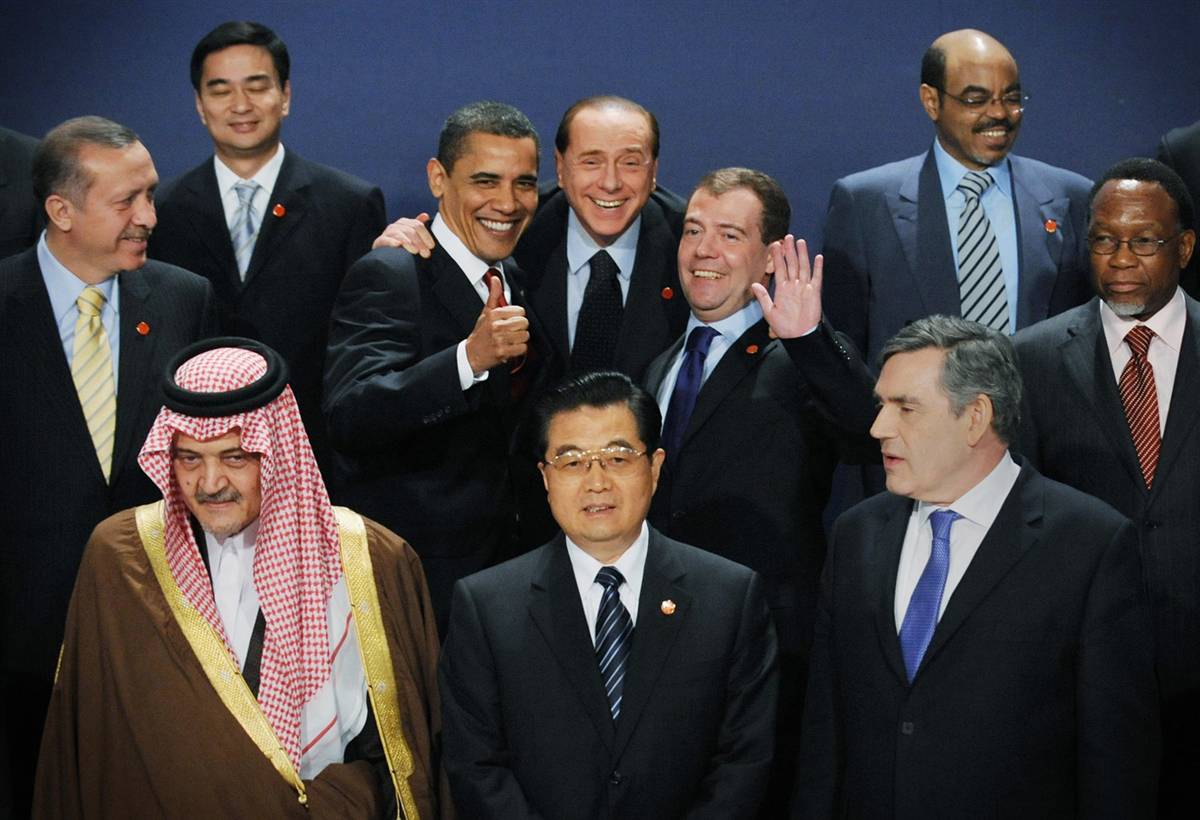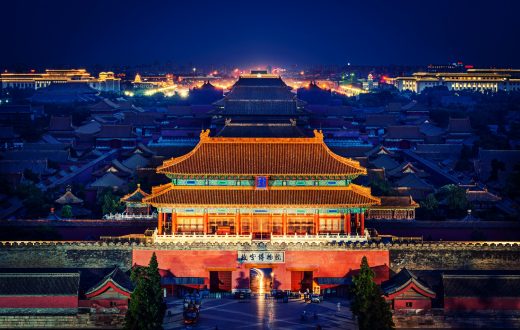The world’s largest so-called democracy is about to conduct its next general elections in 2024. The above statement might not sound very upsetting, but the historical record of India tells a different story. A story that may cause another false flag military operation in Indian-occupied Jammu and Kashmir. In February 2019, a suicide attack occurred in Pulwama on an army covey in which more than 40 Indian soldiers were killed. This incident was a repercussion of the abrogation of Articles 370 and 35A and the implantation of a strict curfew for a few months. As a result, the Indian government and the ruling Bharatiya Janata Party (BJP) accused Pakistan of this unfortunate incident. They decided to plant a surgical strike on the terrorist outfits in Pakistan nearer the border.
The blame was far away from reality; hence, in a covert strike, the Pakistan Air Force shot down the two Indian fighter jets, and they also took one of their pilot into custody, named Abhi Nandahan. India and Pakistan are two nuclear countries, and India has put the peace of South Asia at risk. The same risk is also around as general elections are near, and the ruling party can exploit public opinion to gain the majority.
There are reports from Indian-occupied Kashmir that in Anantnag, a false-flag operation was carried out in which one army major and one DSP were assassinated. This was predicted by their former Governor of Bihar, Satya Pal Malik, that the ruling party has the legacy of such an operation, pointing to the Gujarat Riots in 2022 and the Pulwama attacks in 2019. According to their ideological inspiration from Rashtriya Swayamsevak Sangh (RRS), they promote Hinduism and eliminate and target Muslim and other communal minorities like Sikhs and Dalits in their country to gain political goals.
Since 2019, the South Asian area has become a significant player in the worldwide security environment, mainly owing to India’s view of its neighbors Pakistan and China as foes that could potentially challenge its grand power ambitions militarily. The 2008 Mumbai attacks, the 2016 assault on the Pathankot Air facility, and the 2016 attack on the Uri military facility were all false-flag operations that India was complicit in while simultaneously blaming Pakistan. These actions are in keeping with India’s hybrid agenda, which seeks to impose responsibility for terrorism in the area on Pakistan. It is widely considered that the Pulwama incident of February 2019 was a contentious false-flag operation designed to provoke military action between India and Pakistan. Given the economic difficulties, insurgencies, protests, and religious extremism that the Indian government is now experiencing, Pakistan suspects that India could pull out another false flag operation to accomplish its politico-strategic aims. Another motivation for India to stage a false-flag operation is to deflect world condemnation of the atrocities it has been committing in occupied Kashmir. To prevent India from engaging in any misadventure in the future, Pakistan must have a visible manifestation of its political and diplomatic options.
Another reason for the false-flag operation could be the deteriorating internal situation. The tension between India and Canada is reaching new heights. India has accused Canada of supporting the Khalistan movement, which is banned in India. Justin Trudeau accused India on Monday of involvement in the Hardeep Singh Nijjar assassination, which caused a rift in Indo-Canadian relations. This alleged diplomatic pressure allows the BJP to launch a false flag operation and drag Pakistan into it to divert international attention and influence public opinion.
In the run-up to the Lok Sabha elections in 2024, renowned Indian attorney Prashant Bhushan recently issued a warning about the possibility of another Pulwama-style false-flag attack. Bhushan claims the government may be considering divisive measures to persuade Indian voters in favor of the BJP by appealing to their sense of nationalism, which has brought the BJP’s use of nationalism to achieve political benefit under close examination. Bhushan’s claims that the state is behind terror incidents and maybe political interference have stoked widespread public unease. Given India’s present nationalist-driven political agenda, these worries take on added weight. The importance of the electorate in molding the future of India’s democracy as the nation approaches the general elections in 2024 cannot be overemphasized. The future of Indian politics is uncertain in light of Bhushan’s warning, but the general election is significant for the future of democracy in India.
The people of India must be alert to any efforts to manipulate their emotions and thinking, and they must be cautious of any incidents or threats that may occur. False-flag operations undermine the stability and peace of the region and should be avoided by the Modi government at all costs. No political party or person should be able to influence or mandate the outcome of the Lok Sabha elections in 2024.

